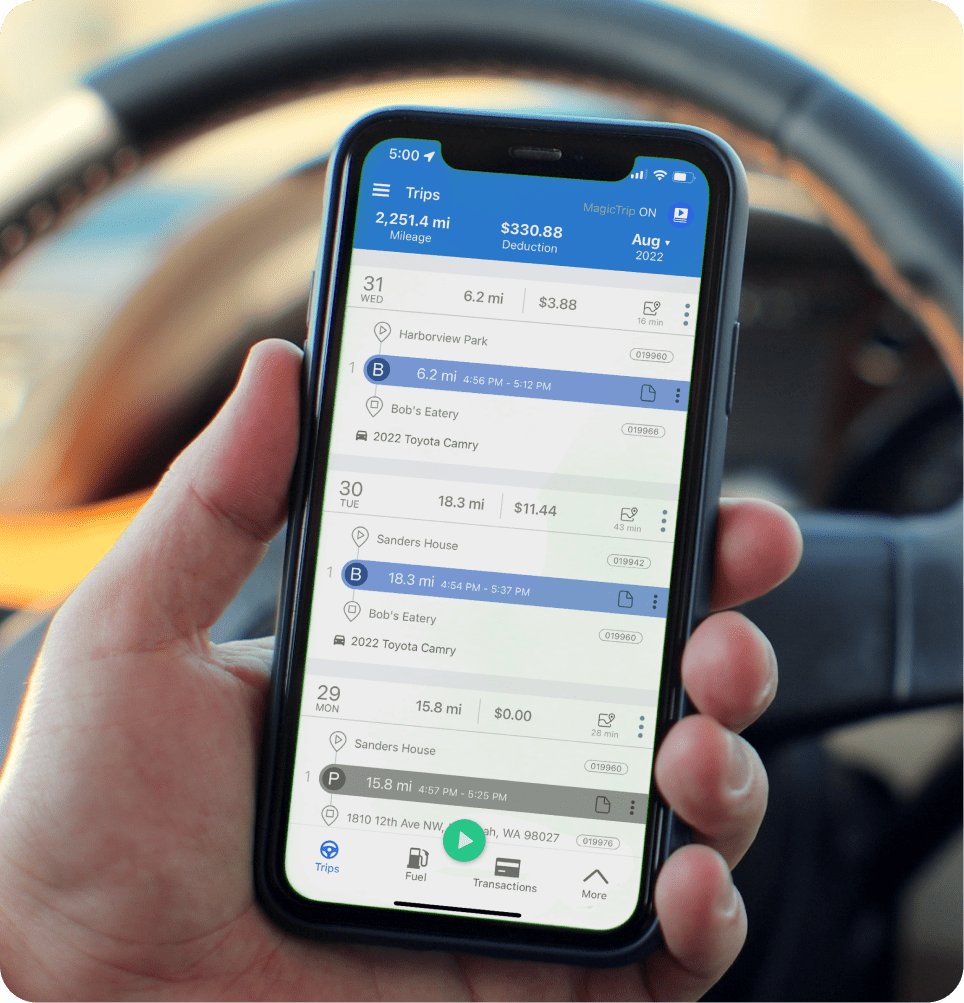Mileage rates, often ignored as a minor detail, play a crucial role in individual and corporate finances. Whether you're a independent contractor claiming tax deductions or a entrepreneur reimbursing employees, understanding these rates is essential for accurate expense management.

### Understanding Mileage Rates
Miles Rates are preset amounts that the IRS allows for the cost of operating a vehicle for business purposes. These rates are adjusted annually to reflect fluctuations in fuel prices, maintenance costs, and other relevant factors.
### Why are Mileage Rates Important?
- **Tax Deductions:** People and companies can deduct mileage expenses from their tax base, notably reducing their tax liability.
- **Fair Compensation for Employees:** Employers can reimburse employees for business-related travel expenses using the standard mileage rate, guaranteeing fair compensation.
- **Organized Cost Management:** Mileage rates provide a uniform method for tracking and reporting transportation costs, simplifying expense management.
- **Budgeting and Forecasting:** By understanding mileage rates, people and companies can plan more effectively for travel expenses and make informed decisions about travel plans.
### How to Use Mileage Rates
1. **Determine Business Use:** Precisely track the business miles driven for each trip.
2. **Apply the Standard Rate:** Multiply the overall business miles by the latest standard mileage rate set by the IRS.
3. **Maintain Accurate Records:** Maintain detailed records of all business trips, including dates, starting and ending points, and the purpose of each trip.
4. **Monitor Annual Changes:** The IRS updates the standard mileage rate yearly, so ensure you are using the latest rate for your tax year.
### Other Ways to Calculate Mileage
While the IRS standard Miles Rates is widely used, there are other methods for calculating mileage expenses:
- **Detailed Cost Tracking:** This method allows you to deduct the real costs associated with operating your vehicle, such as gas, oil, repairs, and insurance. However, it requires meticulous record-keeping and may be harder to calculate.
- **Flat Rate Per Mile:** Some businesses may create their own flat rate per mile for employee reimbursements, which can differ based on factors like vehicle type and local fuel prices.
Understanding mileage rates is vital for anyone who relies on vehicle transportation for work or individual purposes. By carefully tracking mileage and applying the correct rates, you can improve your finances, minimize tax liabilities, and guarantee equitable reimbursement for travel expenses.